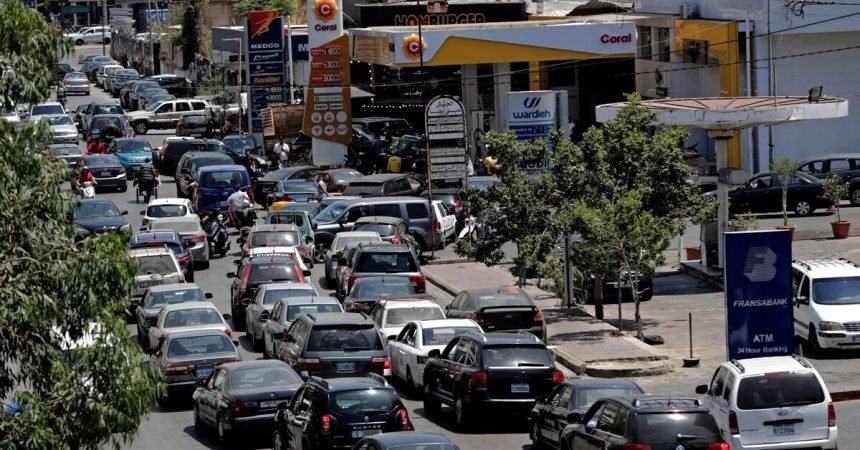On July 30, Lebanon’s central bank, Banque du Liban (BdL) issued a statement declaring $828 million of foreign exchange reserves were spent in July alone on subsidies. This amount was supposed to cover Lebanon’s need for fuel for 3 months, and yet according to BdL’s official statement, “we still witnessed severe shortages of diesel and gasoline in July that threatened the hospitalization and food securities of the people and led to the emergence of steep black markets for these commodities”.
LIMS has been pointing out for more than a year that the subsidy program will result in nationwide shortages because fuel and medicine are sold in Lebanon at 30% of their actual cost. This discounted price provides a strong incentive to smuggling and black-market operations. Subsidized medicine disappeared from pharmacies, and patients are begging their relatives abroad to send the needed drugs. To make matters worse, the scarcity of gasoline has left residents queuing in front of gas stations for long hours every day. The diesel shortage led to electricity outages that forced all kinds of businesses to close. Without gasoline, people cannot get to work and without electricity, businesses cannot function. Subsidies are actually destroying what the economic crisis has left.
The cost of subsidies is estimated at $7 billion for 2020 and is expected to grow to $9 billion in 2021. Therefore, Lebanon is actually paying billions to keep its population from getting fuel and medicine. BdL, who finances the program, is in fact insolvent and thus using people’s dollar deposits at commercial banks for this end. Since banks’ assets are captured by BdL and being spent on subsidies, banks can only allow their clients to operate in Lebanese pound (LBP) withdrawals from their USD denominated accounts. Those LBPs are freshly printed by the central bank and translate into currency depreciation. Therefore, subsidies are not only causing shortages of fuel and medicine but are also destroying the purchasing power of the LBP and fueling hyperinflation in the prices of non-subsidized goods. LIMS urged the immediate lifting of all subsidies, so that fuel and medicine become available in the market and the economy can function again.
- Currency Board Or The 20,000 LBP To The Dollar Exchange Rate Will Be Dearly Missed, July 14, 2021: Lebanese Forces, Article AR
- How Long Will The Fuel Crisis Last? July 22, 2021: Annahar TV, TV Interview AR
- Generator Fuel Shortage In Lebanon Risks Patients’ Lives, July 23, 2021: Al Jazeera English, TV Interview EN
- The Truth Behind The Central Bank Statement, July 30, 2021: Al Jadeed, TV Interview AR

